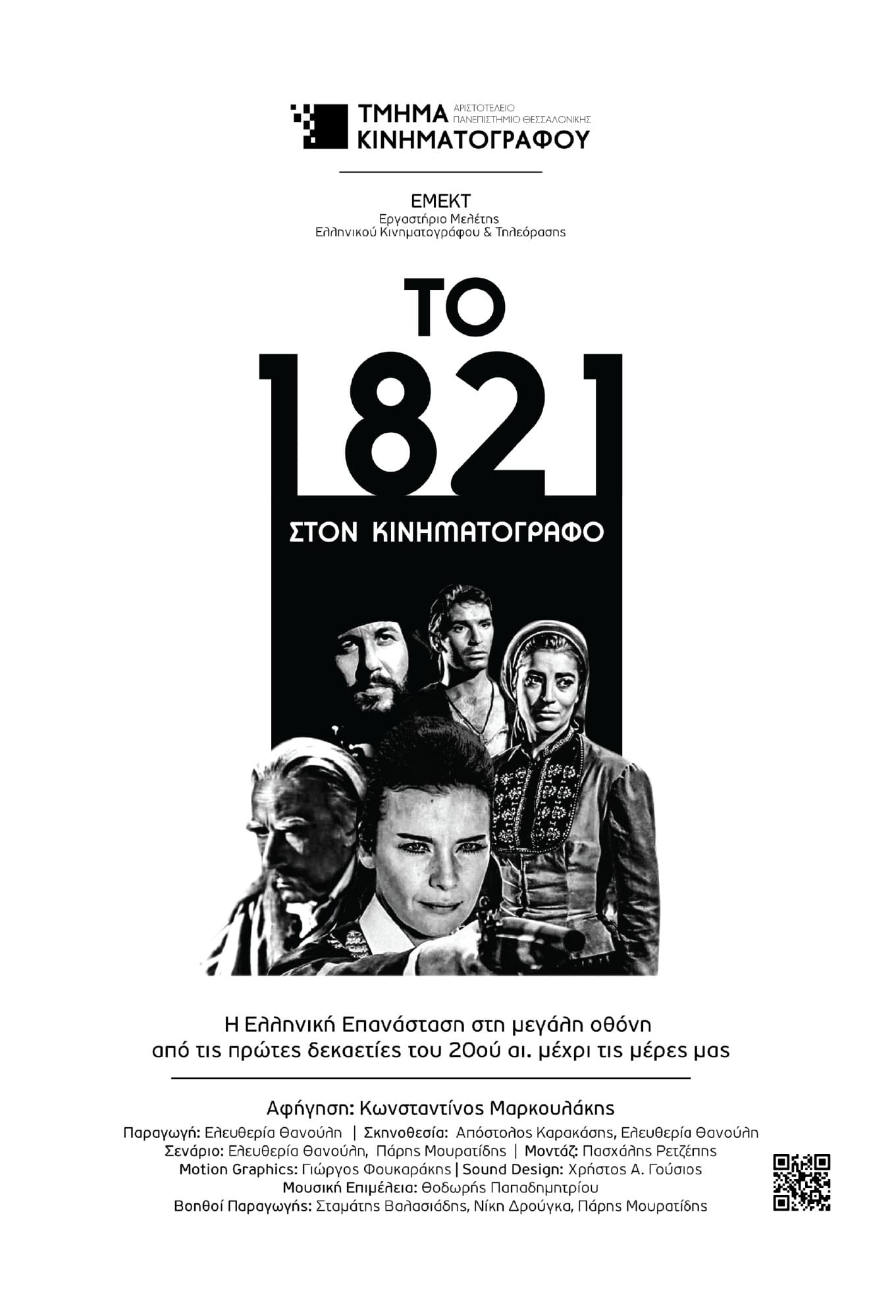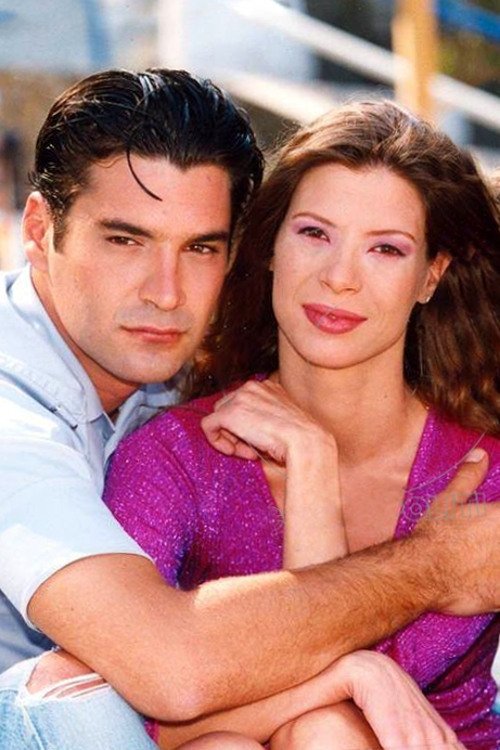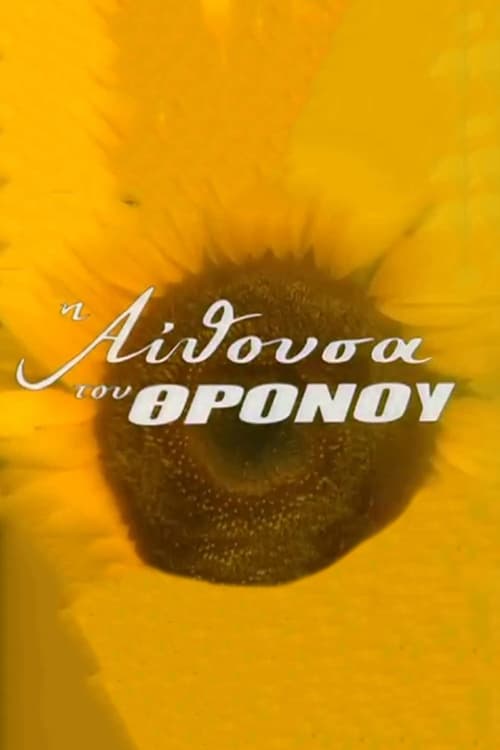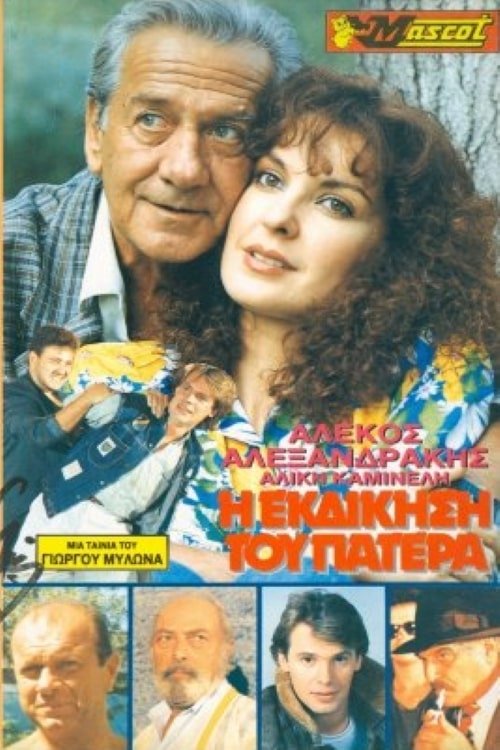

In 1821, in Cinema, he records the cinematic representations of the Revolution from the first decades of the 20th century. until the present day. Despite the fact that the Revolution of 1821 constitutes the founding act of the modern Greek state, as a subject matter it is underrepresented in national film production. This is one of the points on which the research looks, which simultaneously examines the periods of concentration of films on the subject of the Revolution or, respectively, the periods of its collective silence. The purpose of the documentary is to study the ideological discourse and the cinematic language of the films with the theme of 1821, in order to highlight the function of the cinema as a carrier of Public History and as a factor in shaping the collective historical consciousness.


A series of events leads a group of young people, spending their summer on an Aegean island, to make life-changing decisions.


As a coincidental event unites a publisher and a hospital manager, sinister revelations entangle the couple with the aspiration of an editor-in-chief. Will he unearth the truth? After all, almost everybody has a skeleton in the closet.
Alekos Alexandrakis (Greek: Αλέκος Αλεξανδράκης; 27 November 1928 – 8 November 2005) was a famous Greek actor. He was known for his theatrical work as well as work in film and television. He died of lung cancer. Alexandrakis starred in more than 60 films, including Stella with the late Melina Mercouri in 1955, Laterna ftoheia kai filotimo (1955), Mia trelli... trelli oikogeneia (1965) and Oi Kyries tis avlis (1966). He also directed two films in the early 1960s.
By browsing this website, you accept our cookies policy.